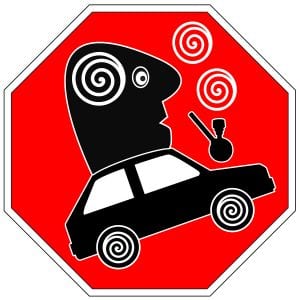A safety sensitive position is one where the employee holding this position has the responsibility for his/her own safety or other people’s safety. Obviously, if a person operating in this type of job is under the influence of drugs and/or alcohol, members of the workforce, the public or even themselves could be injured or even killed. A person in a safety sensitive job must have a sharp mind and perform the job’s tasks and responsibilities carefully.
Why are we writing this blog post? We hear many employers cower to conduct drug testing of employees. This is so particular in the face of many states allowing medical marijuana and even recreational marijuana. We want information in this article to give employers to bolster the confidence of employers to conduct drug testing particularly of employees operating safety sensitive positions. The first step is of course to define the job’s tasks and responsibilities https://www.preemploymentscreen.com/job-descriptions/ and https://www.preemploymentscreen.com/using-cannabis-increases-risk/
Let’s assume you are an employer and one of your employees kills an innocent family in an automobile accident. Would you want to be in front of a plaintiff attorney asking why, since your employee killed a family in an automobile accident, your firm doesn’t care enough about members of the public to conduct random testing?
Let’s assume one of your employees kills a co-worker because that employee appeared to be under the influence of a drug. Again, would you be able to explain to a judge and jury why you don’t care enough to conduct random testing?
We did a prior blog post on this exact issue.
Employers are more easily able to initiate inquiries about an employee’s ability to perform the safety sensitive position’s tasks and responsibilities and conduct drug testing.
When may an employer ask an employee to submit to a drug test? Generally, an employer may seek information about an employee’s medical condition when it is job-related and consistent with business necessity.
Questions that are not likely to elicit information about a disability are always permitted, and they include asking employees about their general well-being; whether they can perform job functions; and about their current illegal use of drugs.
Remember that employers can obtain any medical information about employees when they; are required to do so by another federal law or regulation and offer voluntary programs aimed at identifying and treating common health problems, such as high blood pressure and cholesterol.
It is difficult to find a definitive list of safety sensitive positions. In our research, we did note where the State of Connecticut has such a list There are almost 500 job positions listed as safety sensitive positions on this web site.



